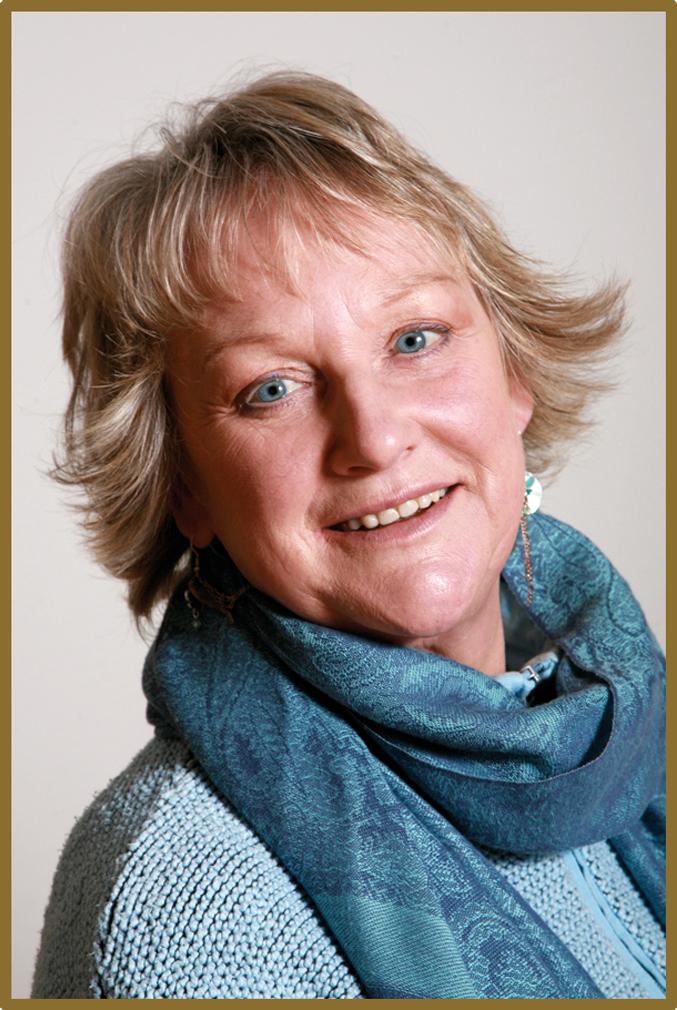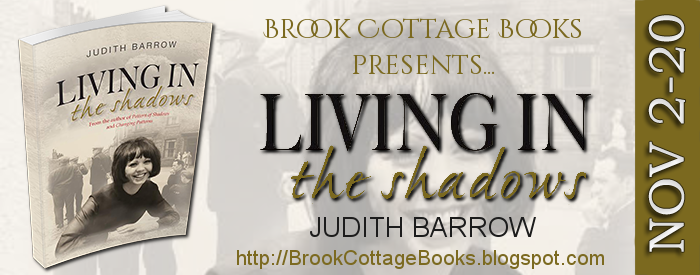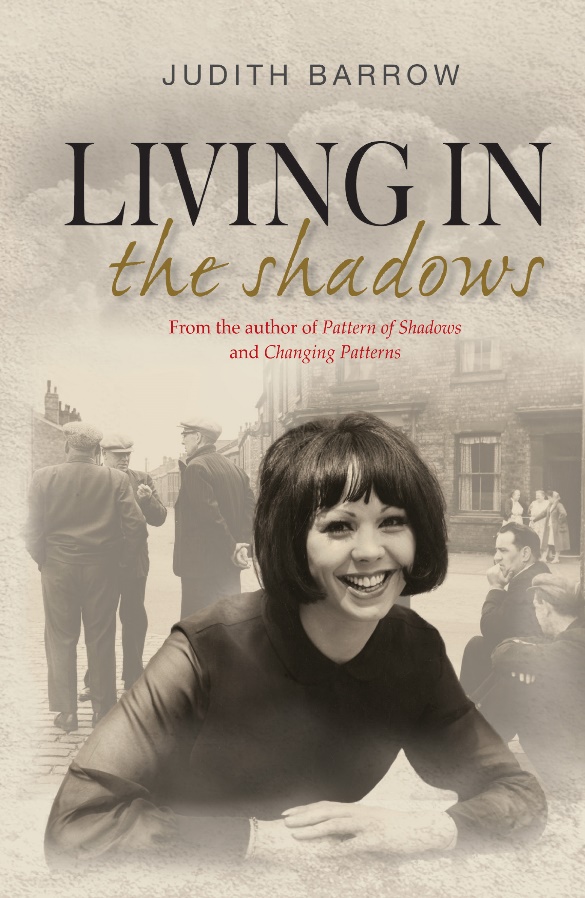LIVING IN THE SHADOWS
by
JUDITH BARROW
Genre: Historical Fiction
Release Date: 16 July 2015
Publisher: Honno Welsh Women’s Press
It’s 1969 and Mary Schormann is living quietly in Wales with her ex-POW husband, Peter, and her teenage twins, Richard and Victoria.
Her niece, Linda Booth, is a nurse – following in Mary’s footsteps – and works in the maternity ward of her local hospital in Lancashire.
At the end of a long night shift, a bullying new father visits the maternity ward and brings back Linda’s darkest nightmares, her terror of being locked in. Who is this man, and why does he scare her so?
There are secrets dating back to the war that still haunt the family, and finding out what lies at their root might be the only way Linda can escape their murderous consequences.
Sequel to the acclaimed Changing Patterns and Pattern of Shadows:
“Judith Barrow has not written an ordinary romance but a book that deals with important issues which are still relevant today… an excellent debut novel.”
Historical Novels Review
“Judith Barrow has written, with great intensity of emotions, an absorbing saga…”
www.gwales.com
“well-paced, gritty love story”
Western Mail
“An unforgettable debut novel – perfectly paced”
Menna Elfyn
“Barrow’s thoughtful and atmospheric novel shines a light on the shadowy corners of family life…”
Lancashire Evening Post
“a gripping read.”
Tivyside Advertiser
BUY LINKS
~~~~~~~~~~~~
My Writing Journey
The first story I can remember writing was of a teapot that fell off the table, broke its spout and died. I was eight years old. My mother said all my stories ended like that; comedic death, doom and disaster. I think my writing’s changed by now. At least I hope so!
I was born and brought up in a small village that was part of a group of villages called Saddleworth, on the edge of the Pennines. My father ruled the house. We were quite isolated and I spent much of my time reading and writing short stories and poems.
From an early age I wrote in secret. I had articles, the odd short story published in small presses and magazines. I wrote two books and grew resigned to those A4 self-addressed envelopes plopping through the letterbox with the rejection letters inside.
Then, on one of the visits to my mother in the North of England, I went to the Oldham Local History and Archive Centre to research for a third book I’d started.
And that’s when I found out about Glen Mill (the inspiration for the first of the trilogy, Pattern of Shadows. Reading about the history of it as a German POW camp in Oldham brought back a personal memory of my childhood
My mother was a winder (working on a machine that transferred the cotton off large cones onto small reels (bobbins), in order for the weavers to use to make the cloth). Well before the days of Health and Safety I would often go to wait for her to finish work on my way home from school. I remember the muffled boom of noise as I walked across the yard and the sudden clatter of so many different machines as I stepped through a small door cut into a great wooden door. I remember the rumble of the wheels as I watched men pushing great skips filled with cones alongside the winding frames, or manoeuvring trolleys carrying rolls of material. I remember the women singing and shouting above the noise, whistling for more bobbins: the colours of the cotton and cloth – so bright and intricate. But above all I remember the smell: of oil, grease – and in the storage area – the lovely smell of the new material stored in bales and the feel of the cloth against my legs when I sat on them, reading until the siren hooted, announcing the end of the shift.
When I thought about Glen Mill I wondered what kind of signal would have been used to separate parts of the day for all those men imprisoned there. I realised how different their days must have been from my memories of a mill. There would be no machinery as such, only vehicles coming and going; the sounds would be of men, only men, with a language and dialect so different from the mixture of voices I remembered. I imagined the subdued anger and resignation. The whole situation would be so different, no riot of colour, just an overall drabness. And I realised how different the smells would be – no tang of oil, grease, cotton fibres; all gone – replaced by the reek of ‘living’ smells.
The more I read about Glen Mill the more I thought about the total bleakness of it and the lives of the men there. And I knew I wanted to write about that. But I also wanted there to be hope somewhere. I wanted to imagine that something good could have come out of the situation the men were in.
And so Pattern of Shadows was written.
Things went a bit awry after that. I trawled through a list of possible agents and sent the manuscript off to a couple. At the same time I remembered an independent publisher, Honno, who’d previously published some short stories of mine and whose authors always looked to be on the same wavelength as me. So I sent a synopsis and a few chapters to them.
One agent was interested in my novel and invited me to meet her in London. She assured me that she had many contacts in the publishing world that would ‘snap her hand off for my novel. I wasn’t sure about her; I had the feeling we wouldn’t get on. But could I afford to miss the chance of having an agent? Would it give my work more credence?
I signed on the dotted line.
What a mistake!
The agent decided to negotiate a deal with a commercial editor. Having little experience about these matters, I thought it was the norm. Yes, I was that gullible. I paid up.
The manuscript came back. I read it in disbelief; if I followed all the ‘suggestions’ it would change from being a saga into romantic fiction. I like a bit of romance but it wasn’t what I’d written. The agent persuaded me to go with it.
I tried–with less and less interest. In the end I stopped. I didn’t recognise my story; I had no empathy with the characters. It wasn’t my book any more.
So I made a decision; I terminated the contract with the agent. Despite persuasive tactics from her I didn’t waiver. I’d lost faith in her.
In trepidation I emailed the editor at Honno. Luckily we parted on good terms; I’d thanked her for all her past help and encouragement. I explained what had happened and asked if she would reconsider my manuscript.
She would but no promises of acceptance.
After a week or two I had an offer of a contract. I accepted. And I’ve never looked back. Pattern of Shadows, published in 2010, was followed by the sequel, Changing Patterns and the last of the trilogy, Living in the Shadows, was published in July 2015.
~~~~~~~~~~~~
ABOUT JUDITH BARROW

Judith Barrow has lived in Pembrokeshire for thirty years. She is the author of three novels, and has published poetry and short fiction, winning several poetry competitions, as well as writing three children’s books and a play performed at the Dylan Thomas Centre. Judith grew up in the Pennines, has degrees in literature and creative writing and makes regular appearances at literary festivals.
https://twitter.com/barrow_judith
https://www.judithbarrow.co.uk/
GIVEAWAY
3 copies of the book (open internationally)



